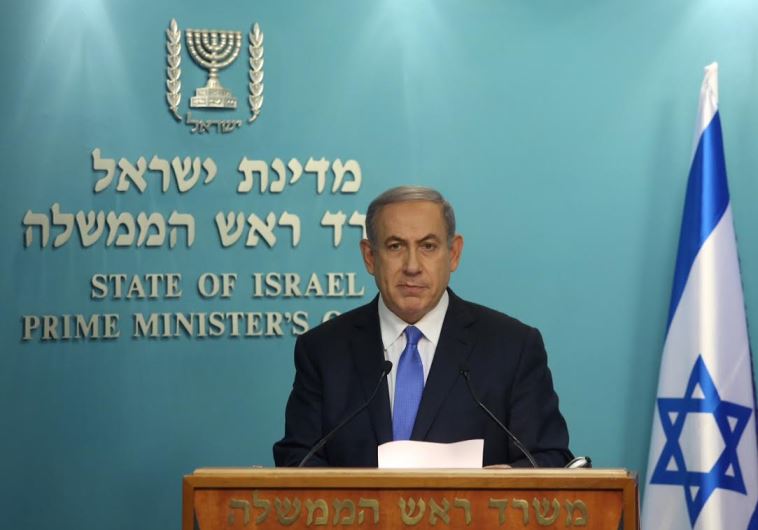Former security officials call on Netanyahu to begin diplomatic initiative
The security officials call for special security assistance to Israel in order to guarantee its qualitative military advantage.
 Prime Minister Benjamin Netanyahu (photo credit: MARC ISRAEL SELLEM/THE JERUSALEM POST)Updated:
Prime Minister Benjamin Netanyahu (photo credit: MARC ISRAEL SELLEM/THE JERUSALEM POST)Updated: